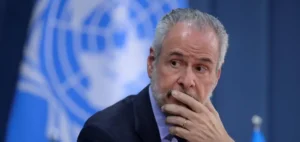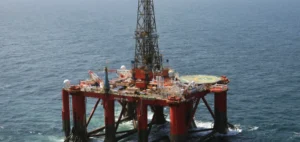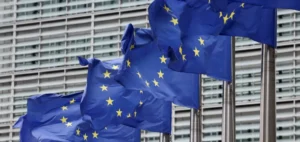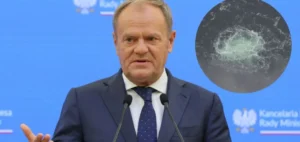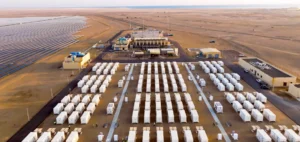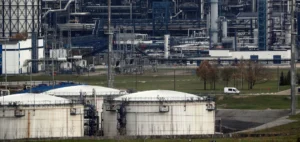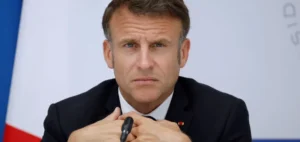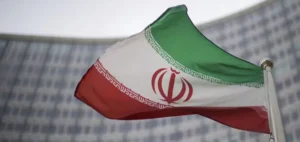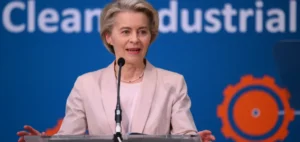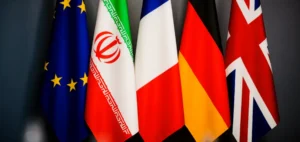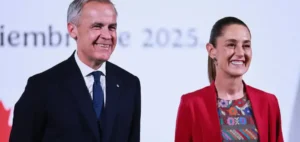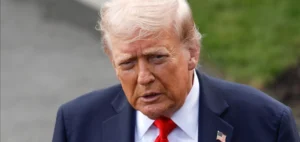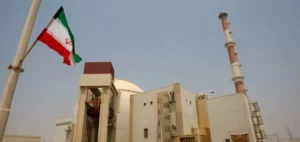German Chancellor Olaf Scholz will make an official visit this weekend to three Gulf States, including Saudi Arabia, to forge partnerships in the energy sector, government sources said Monday.
The chancellor, who will be accompanied by a delegation of senior representatives of several economic sectors, will travel successively to Saudi Arabia on Saturday, then Sunday to the United Arab Emirates and Qatar before returning to Berlin in the evening, said Steffen Hebestreit at a regular press conference.
The spokesperson did not detail at this stage the main topics of the discussions, but the energy crisis caused by the Russian war in Ukraine should be part of it.
“I would be surprised if this particular topic was not discussed,” he said.
Germany is in a race against time to find new suppliers to compensate for Russian gas deliveries that have virtually dried up.
Vice Chancellor and Minister of Economy Robert Habeck said Monday that he expects contracts for the supply of liquefied natural gas (LNG) to be signed by the chancellor in the Emirates.
In Saudi Arabia, the second largest oil producer behind the United States, Scholz is scheduled to meet with King Salmane “if his health permits,” as well as Crown Prince and de facto ruler of the Kingdom Mohammed bin Salmane, known as “MBS,” who had been singled out by the United States in particular as the mastermind behind the 2018 killing of critical Saudi journalist Jamal Khashoggi.
Since then, “MBS” is in the process of rehabilitation on the international scene. He received U.S. President Joe Biden in mid-July, and traveled to France at the end of the same month to meet with French President Emmanuel Macron.
“The murder of Mr. Khashoggi will certainly play a role in the discussions” with Mr. Scholz, his spokesman assured.
The chancellor will meet on Sunday with the President of the United Arab Emirates Mohammed bin Zayed, and in the afternoon with the Emir of Qatar Sheikh Tamim bin Hamad Al-Thani.
In March, Economy Minister Robert Habeck had already visited Qatar and the Emirates to try to find alternatives to Russian gas, on which the country was 55% dependent before the war in Ukraine.
After the halt in Russian deliveries, the supply situation for this fossil fuel “will be extremely tense in the months to come,” warned the German central bank, the Bundesbank, on Monday, warning of a likely recession in Europe’s largest economy.








